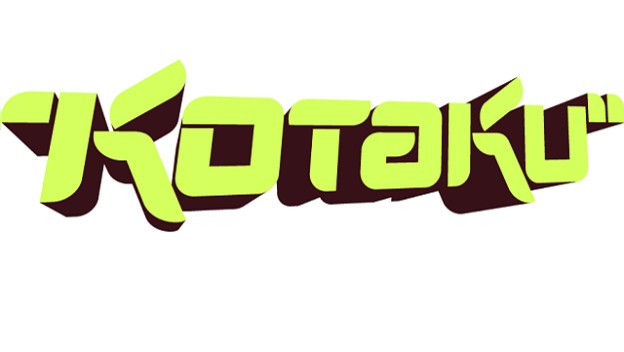Last week, Kotaku’s editor-in-chief, Stephen Totilo, wrote an article entitled “A Price of Games Journalism.” The piece details how Kotaku wound up blacklisted by the PR teams of two major publishers; Ubisoft and Bethesda. Some applauded Kotaku’s efforts. Others said that they got what they deserved, and their leaks were irresponsible, cruel and potentially devastating to the people that make their favorite games. Honestly, it can be both, varying from circumstance to circumstance.
The whole thing does raise some interesting questions concerning the nature of the working relationship between press and developers, ethics in games journalism, and, most importantly, what readers actually want and expect from reporters.
It is the job of marketing to make sure a game sells. They must cultivate hype and release information on a schedule that nurtures a title’s positive image. The games press reports information, and a title’s marketing department is a good source of that. As a job, reporters are tasked with reporting things that will get them views which make their bosses money. As an ideal, reporters are tasked with protecting and informing the readers. The more they dedicate themselves to the reader, the less they can curry favor with the publisher. The less the publisher likes them, the harder it is to get information. The harder it is to get information, the harder it becomes to get views. This is the negative effect of the access bias in games journalism.
Video game sites have the option to be totally in service of that bias without fear of repercussion from the readership. It’s the current trend in gaming, and it allows the media to be more of a tool of the games industry than a window into it. When Kotaku reported leaks, they were making a statement saying that they don’t work totally in service to the publishers that give them information. This isn’t a wholly unprofessional thing to do, and a game company should understand that it is the nature of a reporter to do precisely this. It isn’t unexpected, either, for a PR company to cut access because that is, after all, their job; controlling the public image. There’s a trick to working with companies without working for them. Sometimes it’s hard to see the line.

Ethics in games journalism is a big topic in the post-Gamergate world. It’s peculiar, too, since many consider game journalism to be tabloid or entertainment journalism yet insist on ethics here but not elsewhere in the media. I’m of the belief that there is plenty of room for ethics in our field, and while the original leaked reports that got Kotaku blacklisted aren’t necessarily that useful to the public, the subsequent reporting on the blacklists is. It reveals, in crucial detail, the machinations of our industry and how the information can be controlled and corrupted by the time it reaches the most important facet of the whole system; the consumer. If readers wanted to take issue with the practice of strictly controlling access in this way when a sites’s coverage is unfavorable to a developer, they could raise their voices. They can help sites renegotiate the balance of power between the publishers and the writers, but by blaming the sites, they are putting more power into the hands of marketing teams.
Trustworthy sites are hard to come by. Access bias is a big part of this. The need for clicks and fast reporting, admittedly, is another issue. The readers have a lot of say in the issue, and the landscape of the field can be largely influenced by what they choose to be active or complacent about. Journalism is sort of the middle ground between the publisher and the consumer in terms of news, and the two extremities are locked in a tug-o-war with one another over the loyalty of the press. When a site indicates that it is siding with its readers over game publishers on an issue, whose interests are protected by a public outcry?
